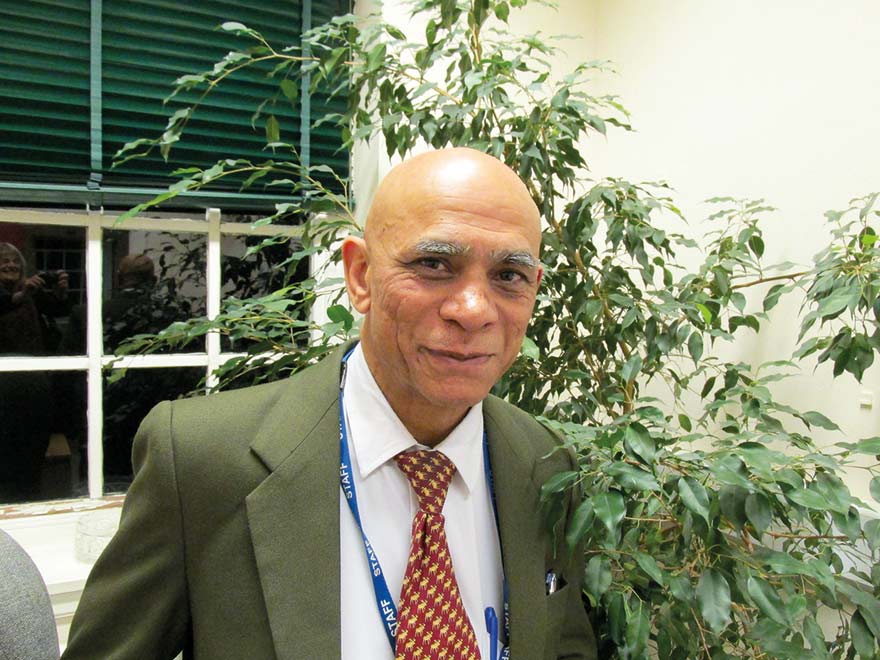Tunbridge Wells has bid farewell to the council’s economic development officer Hemant Amin – the man known as Mr Fix It.
Working in business liaison over the past four years, the “natural matchmaker” had a talent for putting people together to make things happen. He helped Camden Road be awarded £10,000 out of Mary Portas’s Pilot scheme.
Known as ‘Hem’ he commuted daily from north London and is moving to a similar job in Haringey for personal reasons.
His liaison work has given him a unique insight into the character and people of the town.
Hermant Amin admitted that when he landed the job the town surprised him with its trend for giving instead of taking.
“When I first came here I expected it to be a bit snooty, and I was astonished to find that was far from the case,” he said
“In fact Tunbridge Wells is full of people who want to give rather than take – the kind of philanthropy that you normally only see from global giants Bill Gates, Warren Beatty and Richard Branson.
“It runs from companies and wealthy businessmen to individuals who do a great deal for the community, and it is very unusual indeed.
“For example, the SEE Art Fair is sponsored by solicitors Thomson Snell & Passmore and others. And Markerstudy lays on the Santa Express train to ferry people up and down the town for free at Christmas. Yo Yo Design and Harbourne Associates contribute in other ways. There are many more examples, too.
“It is quite extraordinary.”
Hermant Amin said the town’s business profile is changing, with creatives fast putting the traditional financials in the shade.
With a new Creative Hub on the way in Monson Road to fuel the rise in artists, designers, writers and filmmakers, he said the world would soon find out Tunbridge Wells had got big talent.
Balance
“Our new breed of creatives are a big, big asset, and a good number have emerged after doing courses at the Adult Education Centre,” he said.
“Tunbridge Wells used to be known for its financial sector but the creatives are now rising beside them, and that’s good. I’ve learned from other towns, such as Hitchin, that you should beware the commercialisation. You need balance.”
Tanganyika-born, Hermant Amin arrived in Britain as a refugee with the rest of his family at the age of 19 after the violent 1964 revolution. He jokes that he has now become “more British than the British”.
He studied economics at university because his trader father had brought his children up to think of business, and his first job was in a betting shop.








